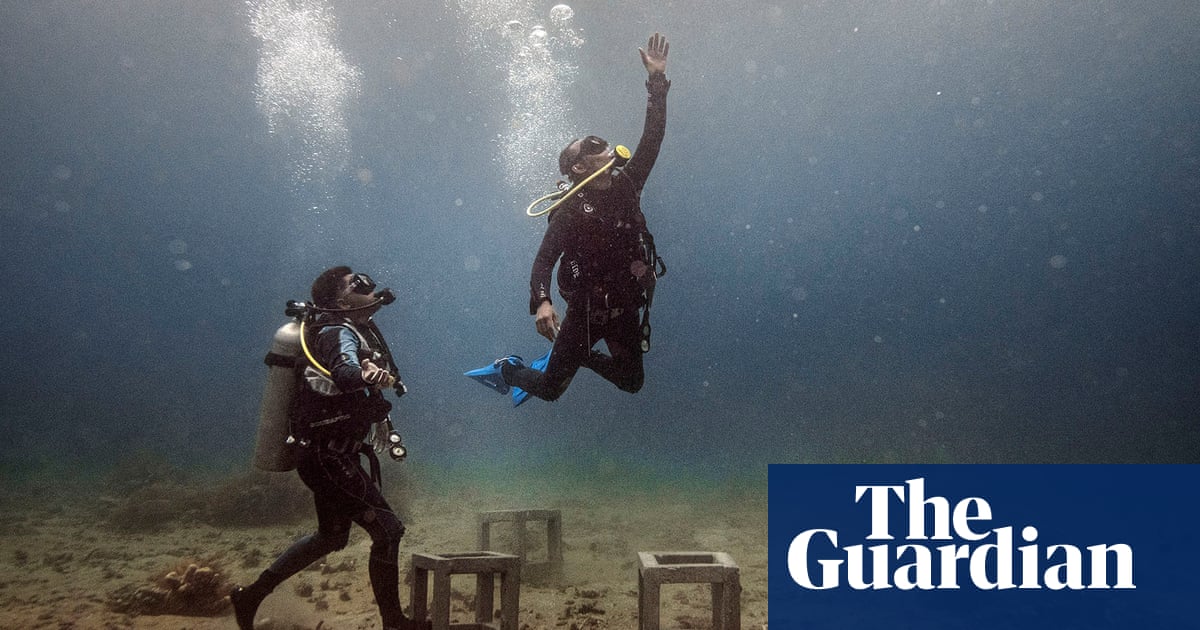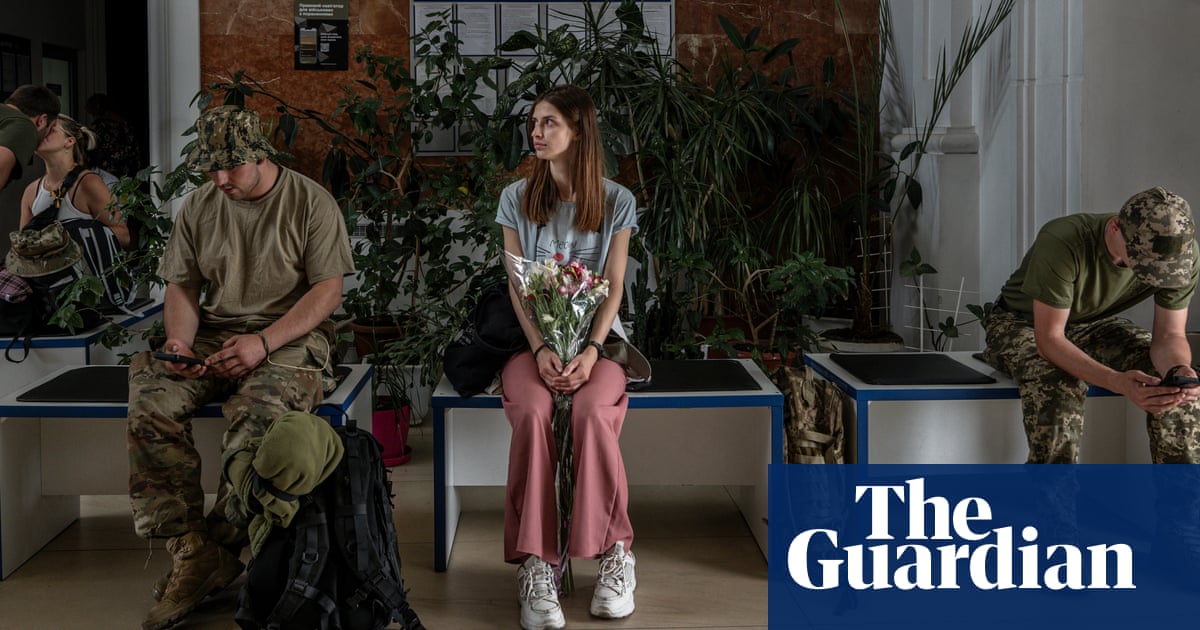
Coral reefs are some of the most diverse ecosystems on the planet. A home for fish, invertebrates and other marine life, they are crucial for maintaining the health and balance of the ocean. As well as generating half of Earth’s oxygen – it is said that the ocean gives us every second breath we take – oceans absorb more than 25% of all carbon dioxide emissions, and capture 90% of the excess heat generated by these emissions, up to four times faster than the same area of tropical forest.
Human activity and greenhouse gas emissions, however, are causing substantial changes in this delicate environment. Rising sea temperatures are an established phenomenon – but less frequently discussed, though similarly important, is acidification.
Ocean acidification is literally causing a sea change, threatening the fundamental chemical balance of the ocean and coastal waters. The lower pH can create an “osteoporosis effect” that eats away the minerals used by coral reefs, oysters, clams, lobsters, shrimp and other marine life to build their shells and skeletons.
Moreover, human activity such as nutrient pollution from agricultural runoff can foster the related phenomena of eutrophication and hypoxia. Eutrophication occurs when the environment becomes enriched with nutrients, leading to the growth of harmful algae and other organisms that consume more oxygen, creating hypoxic conditions. A hypoxic environment means that the oxygen levels in a body of water drop to a level below that needed to support most forms of marine life. As the excess algae and plants decompose, they produce large amounts of carbon dioxide. The CO2 accumulation lowers the pH of seawater, provoking its acidification and setting off a chain reaction in the ecosystem.
While ocean acidification, hypoxia and eutrophication make it difficult for many marine habitats and organisms to thrive, overfishing also plays a part in biodiversity loss. When too many fish are taken out of the ocean, an imbalance is created in the food chain, damaging vulnerable species such as sea turtles and corals.
In south-east Asia – classified by the IPCC as one of the regions most vulnerable to the climate emergency, with Thailand and Indonesia in the top 10 most affected countries – the health of marine and coastal ecosystems is in serious decline.
But it is also where researchers and communities are joining forces to secure a future for coming generations. At the Marine and Coastal Research Institute (Macorin) at Prince of Songkla University, Dr Mathinee Yucharoen’s team is studying corals in hypoxic scenarios.
“We are captivated by the beauty and diversity of corals and the ecosystems they support,” she says. “We have a strong desire to learn more about reefs and we are deeply concerned about the threats facing these fragile habitats. We feel a sense of responsibility to protect them for future generations.”
Yucharoen’s studies reveal that coral reefs are particularly sensitive to changes in oxygen levels, and prolonged exposure to hypoxia can cause coral bleaching, tissue damage and even death. Rising sea temperatures can also favour hypoxic conditions as it’s more difficult for the oxygen to dissolve in warmer water. As reproduced in a lab experiment, even over a short period of 10 days, low oxygen levels have an extreme impact on corals, causing rapid tissue loss.
At Chulalongkorn University in Bangkok, a team led by Dr Suchana Chavanich is working on coral spore cryopreservation, with the aim of preserving the sperm for future propagation efforts. Colonies of Acropora humilis were collected during a spawning event, then the sperm were isolated and frozen, with a view to future propagation efforts of this species.
The desire to protect the marine environment is also growing at community level, as people embrace conservation when they realise the impact of the climate emergency on their lives and livelihoods. In the Kepulauan Seribu archipelago, in the seas north of Jakarta in Indonesia where biodiversity has suffered because of polluting port activities, Erik Bang is working on coral transplantation. A collaboration between the Aquaculture and Marine Conservation Center, Tidung Island, Jakarta State University and IPB University, it involves transplanting Acropora species on the shallow reef around the island. The growth rate on Tidung Island has been 10-15cm a year.
“As a native of Tidung Island it is my duty to care about its environment,” says Bang. “I’m happy to work in conservation activities and I hope to help my community understand the importance of the marine ecosystem, promoting at the same time sustainable tourism that can finance our efforts.”
Other transplanting projects are under way in Bali, where destructive fishing techniques have destroyed a large part of the reef in Amed. Since November 2021, the Dutch NGO Coral Reef Care, alongside P3A, a local diving association, has initiated community-driven reef conservation projects to restore the reefs back to health. They employ different techniques, depending on the topography of the sea floor.
For flat areas they use a modular system of concrete “cubes” and bricks that mimic the natural complexity of coral colonies, providing refuge areas for fish and invertebrates. On these structures they plant “corals of opportunity”, fragments broken off healthy corals (either naturally or by human impact). Planting corals speeds up the creation of the new reef and slows down settlement of other benthic organisms such as algae, which can quickly take over. To add to the diversity of the natural ecosystem, they also use pyramid-shaped steel structures that seem to suit branching corals.
Sloping seabed areas with loose coral rubble, where corals cannot get a foothold, are first stabilised with steel mesh. In time the mesh will be taken over by corals, now able to attach themselves, creating a new base.
Encouraging these activities makes local communities more aware of the importance of environmental conservation, rather than focusing on supposedly sustainable fishing.
Ketut Gina, who collaborates with Coral Reef Care and offers diving courses to people who want to work in marine restoration, says: “We need to inspire people caring about our reefs. Only together we can change the attitude of the past and work to make a difference.”










